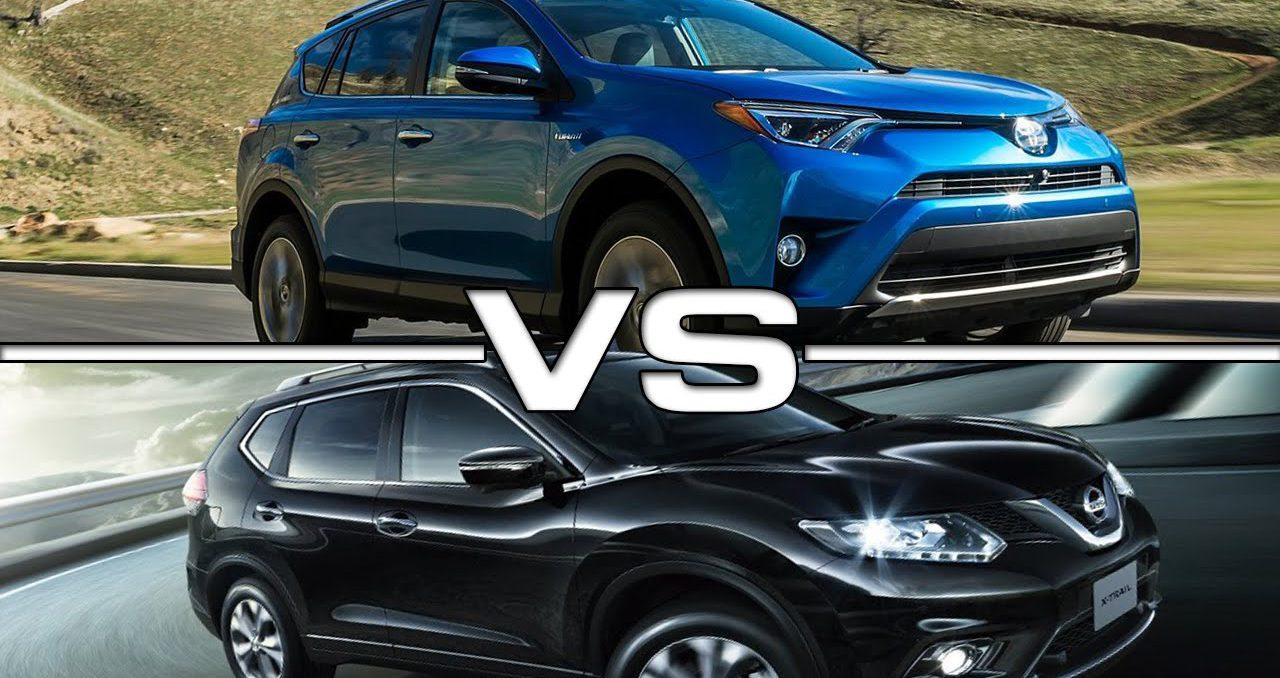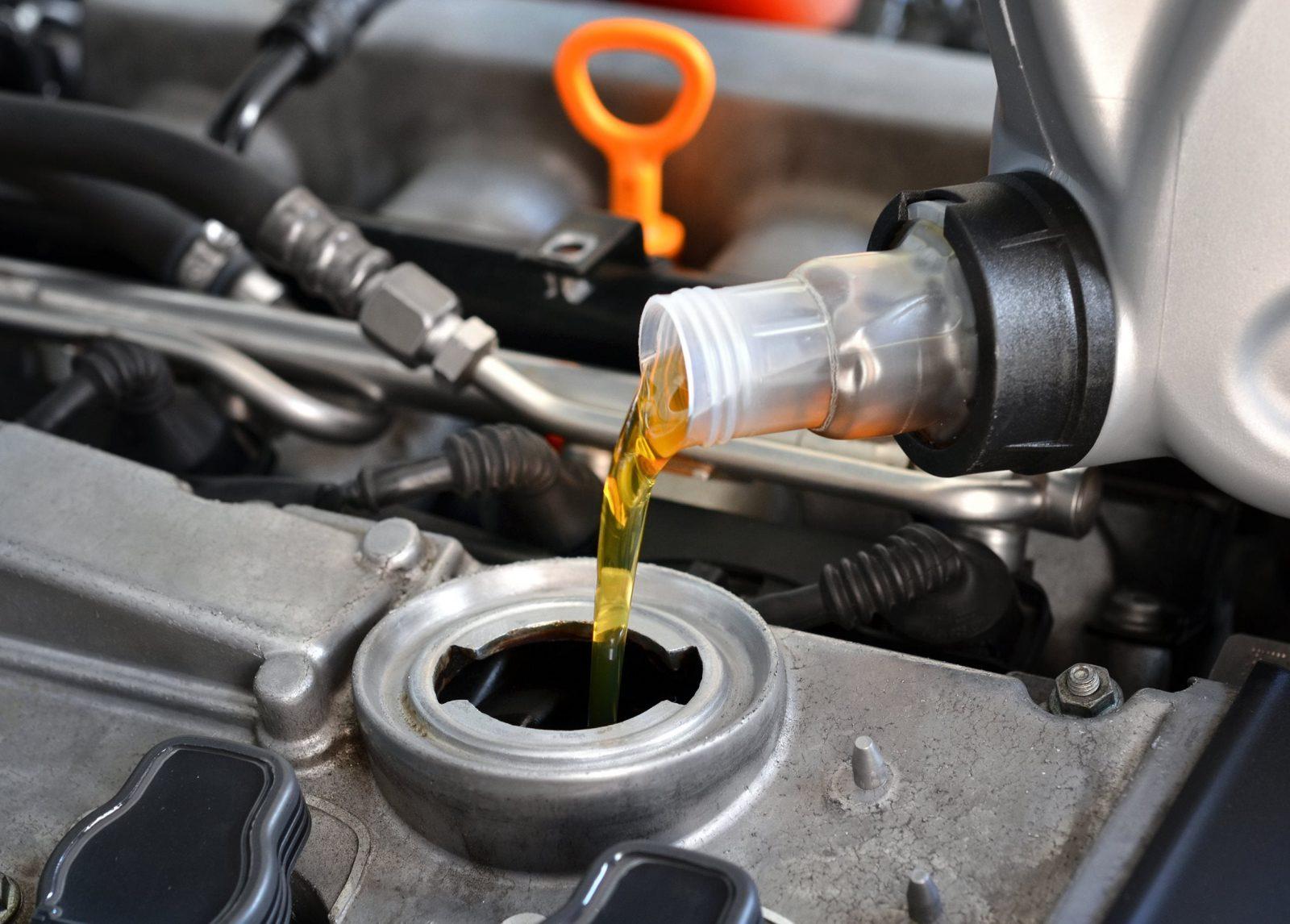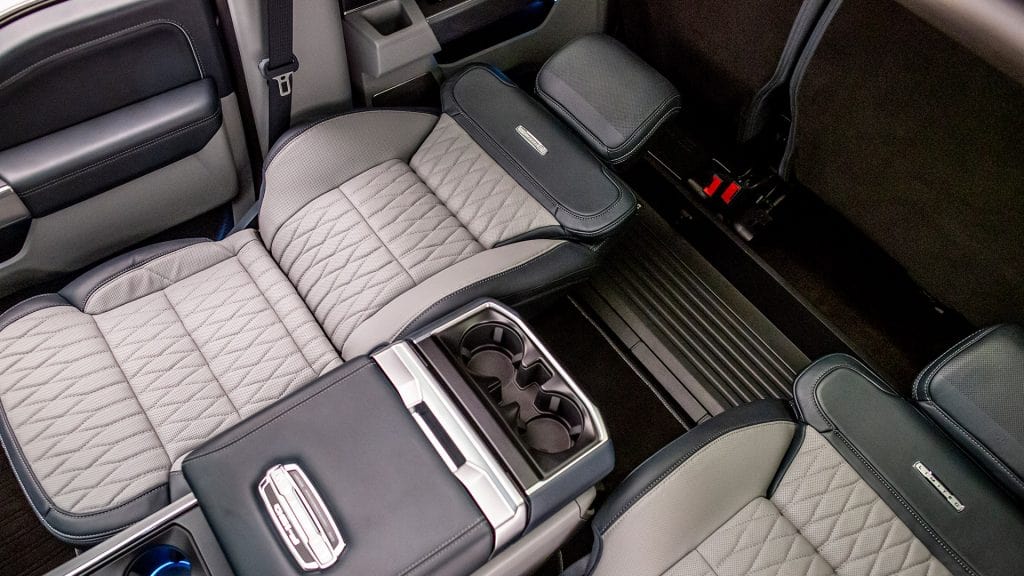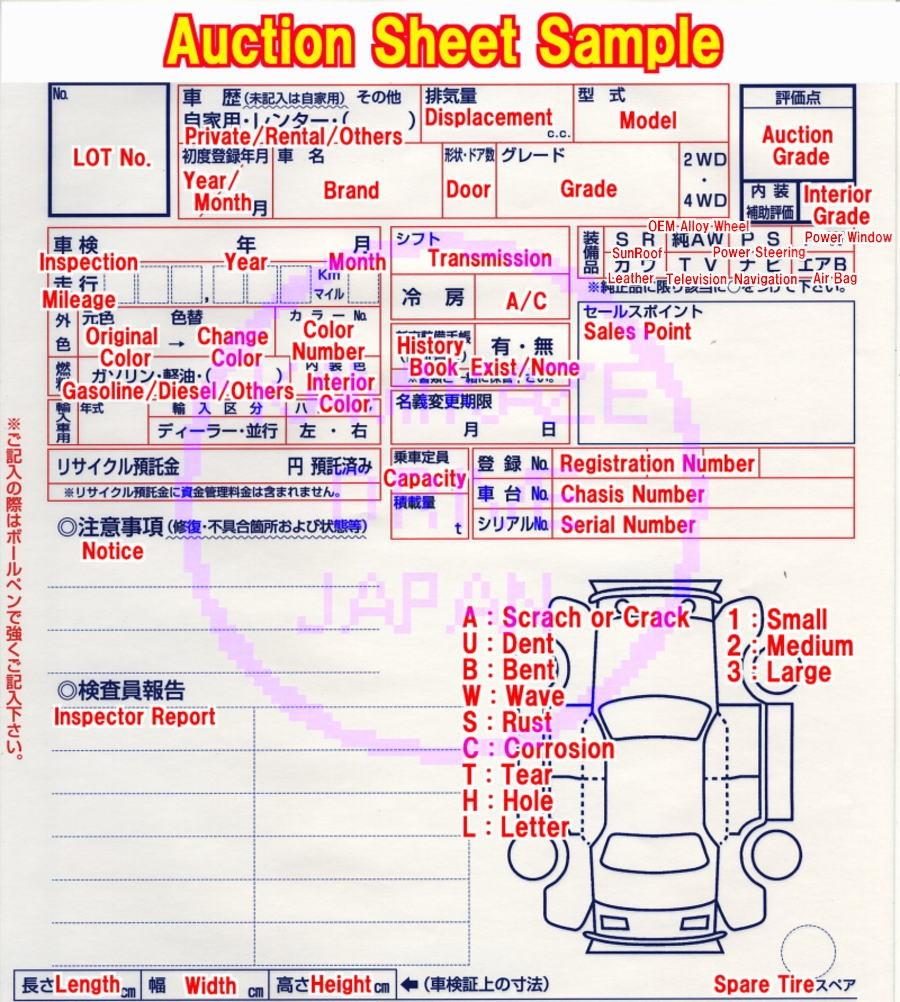Car Collision Repair Costs: What Factors Influence The Price?
After a car collision, figuring out the repair costs can be overwhelming. This uncertainty often adds to an already taxing experience. Yet, understanding the variables affecting car repair costs empowers you to handle the situation with increased confidence and insight.
Repair costs are not fixed; they fluctuate based on several crucial factors. From the severity of the damage to your vehicle type, each element significantly shapes the cost. Grasping these factors enables you to budget appropriately and make savvy decisions during the repair journey.
How Bad Is the Damage?
Naturally, the severity of the damage heavily influences car collision repair costs. Minor scratches or dents typically cost less to fix compared to significant structural harm. Still, even seemingly minor issues could lead to bigger problems if they compromise vital components like the engine or the car’s frame.
When you take your vehicle in for auto collision repair, the technician will assess the visible damage and check for any hidden issues. This comprehensive inspection ensures that all affected areas are identified, but it can also mean higher costs if additional problems are discovered. Addressing all damage, no matter how minor, is crucial for your car’s safety and functionality.
And don’t overlook seemingly small external damage. A tiny bump can mess with important systems like your car’s alignment or suspension, which can balloon your bill unexpectedly. Always keep an eye out for these hidden gremlins.
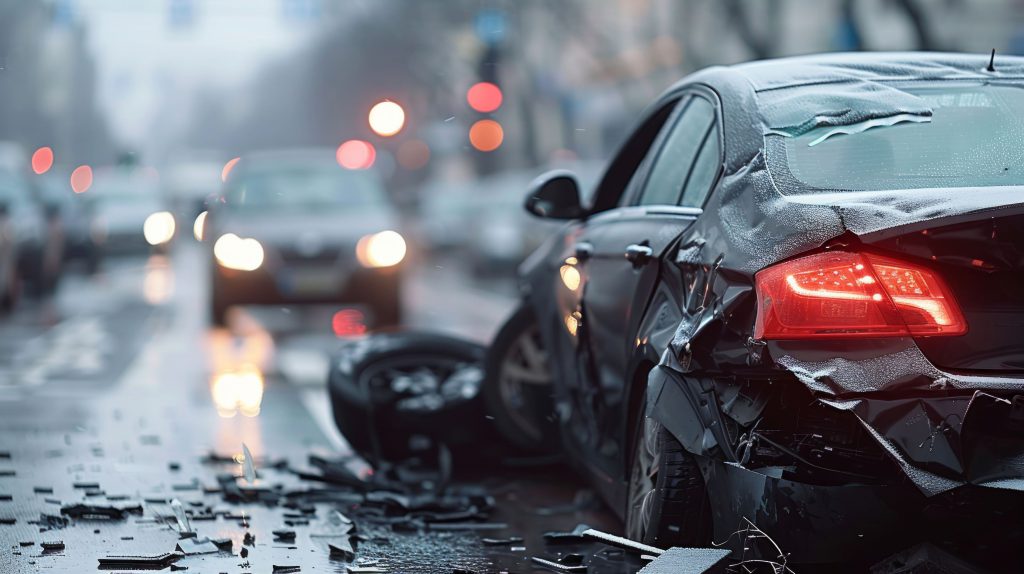
What Kind of Car Do You Have?
Your car’s make and model are pretty influential in the car collision repair game. High-end luxury cars or imports can demand a premium, not just for parts but also for the specialized know-how needed to fix them. On the flip side, more common rides tend to have more wallet-friendly parts and labor costs, though this can still vary a lot.
For those fancy rides, getting parts can mean waiting on shipments from across the globe, which adds up. And if you need a specialist who knows their way around your specific car, expect to pay a bit more for their expertise.
For popular models, though, parts are usually easier to come by and lighter on the wallet. But remember the kind of parts you choose—be it straight from the manufacturer or aftermarket ones—also sways the cost.
Where Are You Getting Repaired?
Yep, even the location of your repair shop can tweak the car collision repair price. Labor charges vary widely, with urban shops typically charging more due to higher living and operational costs. Additionally, the shop’s reputation and specialty might alter the price.
Shops in larger cities may offer advanced technology and skilled technicians, valuable for complex auto body repairs. Consider whether the higher service quality justifies the extra cost.
In smaller towns, though, you might save on labor costs, but you could face delays if parts are hard to come by or if the shop lacks certain technical capabilities. When selecting a vehicle repair shop, balance cost against the quality of service you expect.
Insurance Coverage
Your insurance coverage plays a pivotal role in managing car collision repair costs. Depending on your plan, car insurance might cover all, part, or none of your expenses. Engaging closely with your insurer can reduce out-of-pocket costs.
Comprehensive or collision insurance typically covers most repair costs, aside from your deductible. However, with only liability coverage, you must pay for your own repairs since it only covers damage to others’ property. Always review your policy details before auto body repairs start.
Sometimes, insurers recommend or require using certain vehicle repair shops that may offer insurer discounts, potentially lowering costs. Nevertheless, the choice of shop should remain yours, especially if you have a preferred and trusted option.
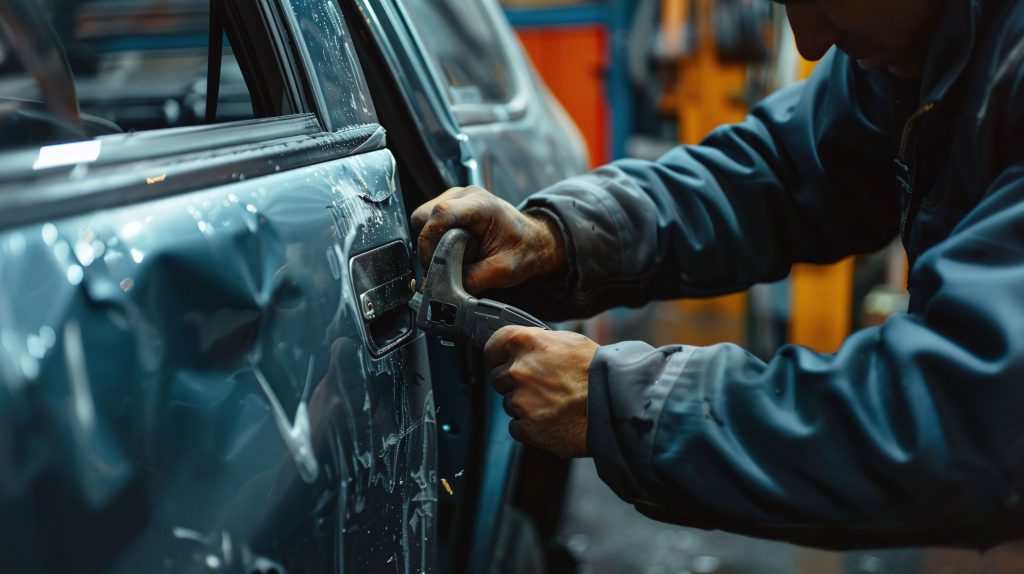
Complex Repairs Cost More

Always ask for a detailed estimate of your car collision repair so you know what you’re getting into. And if something in the quote looks off, don’t be shy—ask what’s up.
Age and Condition of Your Ride
Older cars can be tougher on your wallet, especially if parts are hard to find or the car’s seen better days. Sometimes, the repair estimate of fixing up an old car can outweigh its worth, which might lead you to think about saying goodbye and finding a new set of wheels.
Newer cars usually have parts readily available, which can ease both your mind and your budget. If your car is still under warranty, see if the repairs are covered.
OEM or Aftermarket Parts?
During a car collision repair, deciding between OEM and aftermarket parts is crucial. OEM parts are manufactured by the vehicle’s maker and match the original ones in your car. They usually help maintain your car’s value and function but at a higher price.
Aftermarket parts are less costly and made by third-party companies. While some match OEM quality, others might not fit well or last as long. Discuss options with your mechanic, considering the long-term effects of each choice.
Watch Out for Extras
Lastly, don’t forget about those extra car collision repair costs that can sneak up on you. Things like towing, renting a car while yours is in the body shop, and even certain admin fees can pile up fast.
Towing fees can vary depending on the distance and the condition of the vehicle. If your car needs to be towed to the vehicle repair shop, be sure to factor this cost into your overall budget. Some insurance policies may cover towing, so it’s worth checking your coverage to see if this is an option.
Rental car expenses are another consideration, especially if the auto body repair will take several days or weeks to complete. While some insurance policies cover the cost of a rental car, you may need to pay out of pocket if your policy doesn’t include this coverage. Be sure to ask the repair shop for an estimate of the repair time so you can plan accordingly.
Wrap-Up
Understanding what affects your car collision repair costs can take some of the sting out of the process. Whether it’s the damage, your car type, or where you get it fixed, each factor has its say in the final cost. By keeping tabs on these details and working closely with your repair shop and insurance, you can steer clear of any unnecessary financial surprises. Here’s to getting your car back on the road without breaking the bank!





